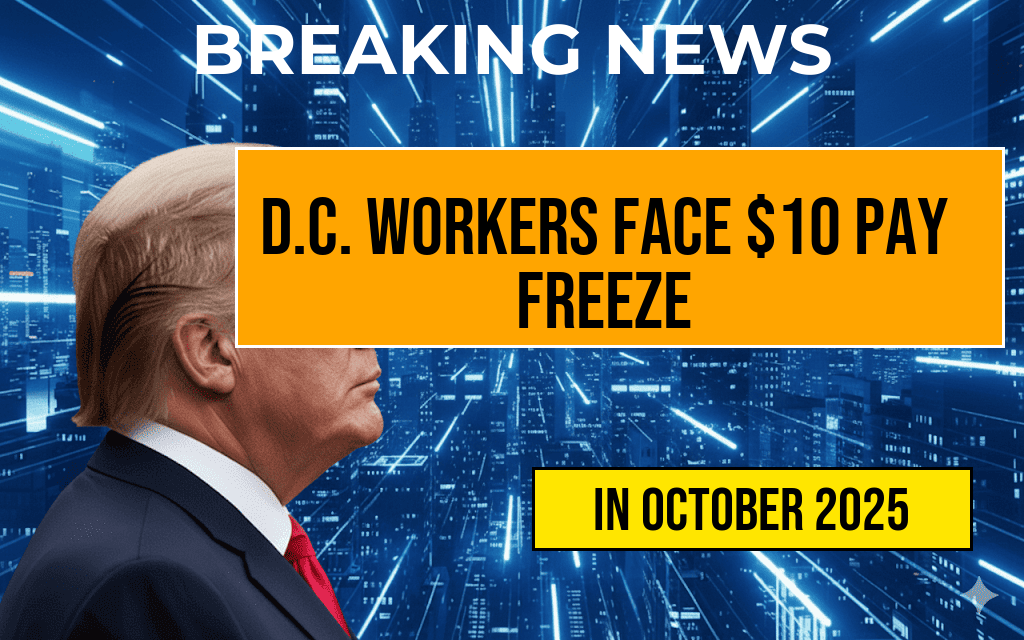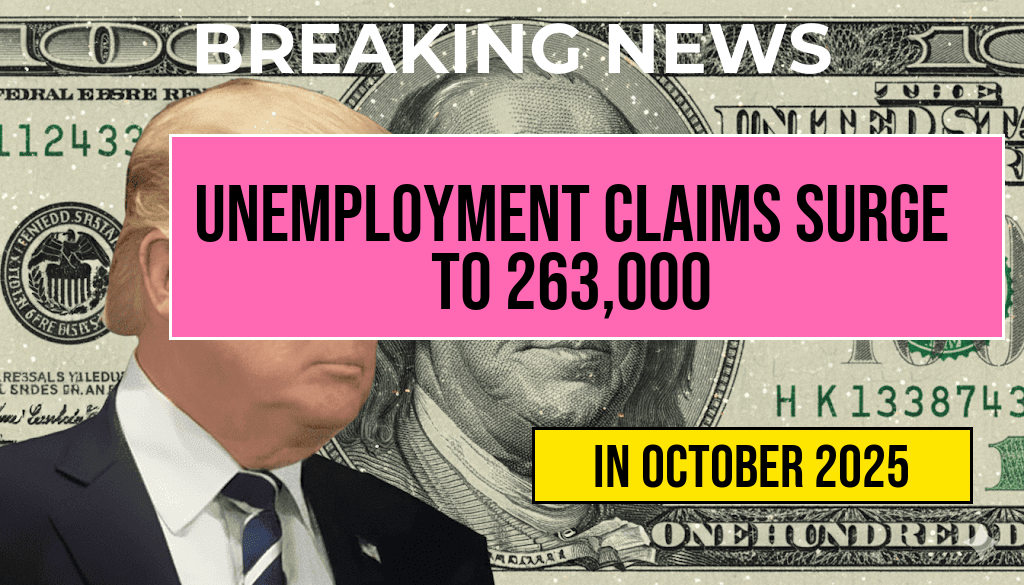The ongoing debate surrounding the compensation of tipped workers in Washington, D.C. has taken a significant turn as the city has announced a freeze on the $10 base pay for these employees. As the cost of living continues to rise, this policy shift could force workers to rely even more heavily on tips, with some estimates suggesting that hundreds of dollars could be transferred to tips weekly. This decision has sparked concern among advocates and service industry professionals who argue that the freeze will exacerbate existing economic challenges for workers dependent on gratuities.
Understanding the Base Pay Freeze
The D.C. Council’s decision to maintain the base pay for tipped workers at $10 comes amidst broader discussions about wage equity and the living standards of service industry employees. The freeze means that the base rate, which has not changed since 2019, will remain in place while restaurant and hospitality businesses continue to navigate the recovery from the COVID-19 pandemic.
Implications for Tipped Workers
With the base pay frozen, many tipped employees, including waitstaff, bartenders, and valets, may find themselves in a precarious financial situation. According to industry experts, tips constitute a significant portion of these workers’ income, and the inability to raise the base pay could lead to increased reliance on customer gratuities.
- Economic Pressure: As inflation rises and living expenses climb, the $10 base pay may not provide sufficient financial support for workers.
- Increased Dependence on Tips: Workers may need to rely more on tips, which can be unpredictable and variable.
- Job Market Challenges: Many tipped workers may find it difficult to transition to other employment due to the specialized nature of their skills.
Context of Tipped Wages in D.C.
Washington, D.C. has long been at the forefront of discussions about tipped wages. The city implemented a gradual increase in the minimum wage for tipped employees, reflecting a national trend aimed at improving compensation in the service sector. However, the recent freeze has drawn criticism from labor advocates who argue that it undermines years of progress.
The Role of Tips in Income
In many service industries, tips can account for more than half of a worker’s total income. With a frozen base pay, the financial burden of living in a high-cost area like D.C. may lead to significant hardship for those who work primarily for tips. A recent survey indicated that some tipped workers rely on tips for as much as 70% of their earnings, making this freeze particularly concerning.
| Income Source | Percentage of Total Income |
|---|---|
| Base Pay | 30% |
| Tips | 70% |
Community Reactions
The freeze has prompted a mixed response from the community. While some restaurant owners argue that the current economic climate makes it difficult to increase wages, workers and advocacy groups are calling for immediate action. Organizations such as the National Employment Law Project have voiced their concerns, urging lawmakers to reconsider the implications of this policy.
Advocacy for Change
Labor advocates are calling for a reevaluation of the tipped wage system, suggesting that a unified minimum wage for all employees, regardless of tips, would provide more financial stability. They argue that the current system disproportionately affects workers in lower-income brackets, leading to greater income inequality within the service sector.
Future Outlook
The freeze on the base pay for tipped workers in D.C. raises critical questions about the future of wage policies in the service industry. As inflation continues to impact everyday expenses, the reliance on tips may not be sustainable for workers who deserve fair compensation. The D.C. Council faces growing pressure to address these disparities and find solutions that support the livelihoods of all workers in the city.
As discussions continue, stakeholders across the board must consider the long-term implications of this freeze and the role of tips in the overall compensation structure for service workers. The outcome of these conversations will undoubtedly shape the future landscape of employment in Washington, D.C.
For more information on the topic, you can refer to the U.S. Bureau of Labor Statistics and Forbes article discussing the significance of tipping in the service sector.
Frequently Asked Questions
What does the $10 base pay freeze mean for tipped workers in D.C.?
The $10 base pay freeze means that the minimum wage for tipped workers in D.C. will not increase, potentially impacting their overall earnings as they rely heavily on tips to supplement their income.
How will the decision affect the income of tipped workers?
Tipped workers may see a significant shift in their income, as they could be forced to rely more on tips due to the freeze on the base pay, which could lead to fluctuations in their weekly earnings.
Are there any plans to change the base pay for tipped workers in the future?
While the current decision has frozen the base pay, there may be discussions or initiatives in the future aimed at adjusting the base pay for tipped workers, depending on economic conditions and advocacy efforts.
What are the concerns raised by tipped workers regarding this freeze?
Tipped workers have raised concerns that the freeze on base pay could lead to increased financial instability, as they depend on a consistent flow of tips to make ends meet, which can vary greatly from week to week.
How do other cities handle the issue of base pay for tipped workers?
Other cities may have different approaches to base pay for tipped workers, with some offering higher minimum wages or different structures for tips, which can lead to more stable income compared to the current situation in D.C.











